8 Tips to Keep Small Server Rooms and Closets Cool
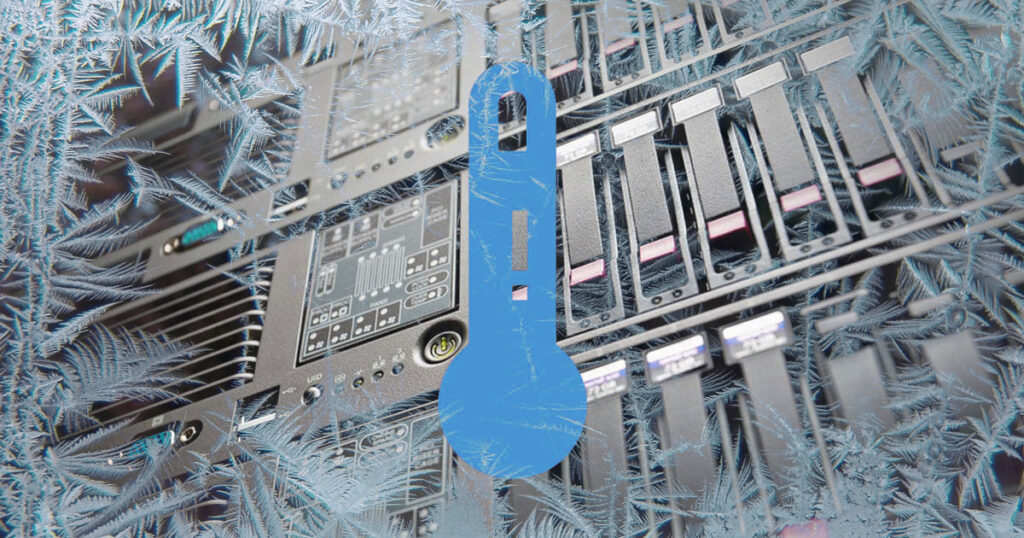
Keep your server room cool, the risks of excessive heat on your servers cannot be overstated. A business’s data and communication is what keeps them organized and productive and their server rooms and data centers are the heartbeat that keeps it all humming. An improperly maintained climate or unattended temperature spike in a server room […]
Server BTU Heat Load Calculator | How to Calculate Server Heat Load
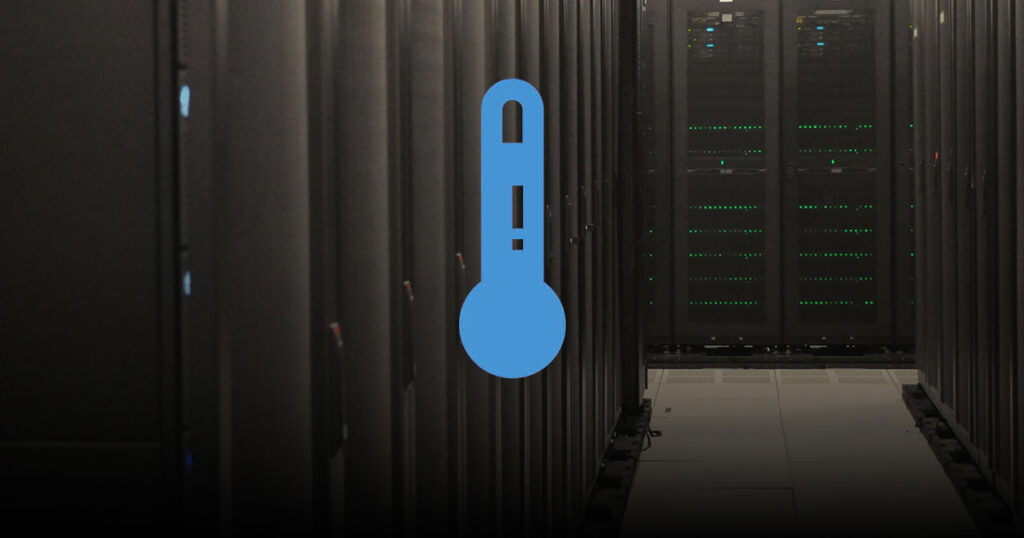
Server BTU Heat Load Calculator | How to Calculate Server Heat Load When you have numerous servers on-premise for your business, heat and power will be some of your primary concerns. A single server can generate quite a bit of heat, and when combining several together with other equipment in a closed room, things can […]
5 Benefits of Monitoring Server Room Temperature
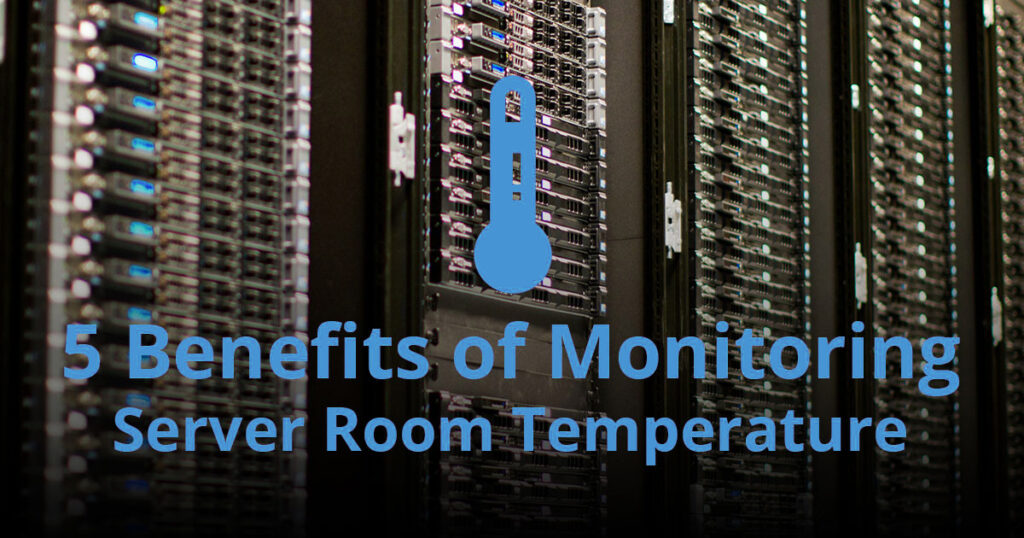
If you are already monitoring your server room temperature, then good job. You may already recognize the benefits of temperature monitoring. If you are not, then this post is for you. As I am sure you are aware, servers and networking equipment can create a lot of heat, especially when enclosed into a room with […]
What Should My Server Room Temperature Be At?

Answer: Most technology experts and companies (Enviromon included) will tell you that the optimal or recommended server room temperature is between 64.4F and 80.6F (or 18ºC to 27ºC) with relative humidity should be between 45-50%. Although this is simply a recommendation. There are a lot of opinions out there are about what is the ideal […]
What is an Environmental Monitor?
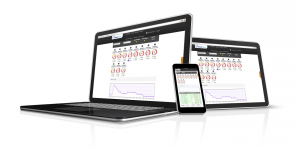
An Environmental Monitor is a system or device that monitors and collects data about environmental conditions for the purposes of alerting or reporting conditions that affect critical assets. Environmental monitors in connection with smart sensors are used to monitor the physical environmental conditions, and in many cases also be used to alert individuals when conditions […]
What is a Smart Sensor?
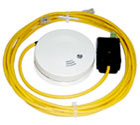
Answer: A smart sensor is a type of “intelligent” sensor that can process data it receives to eliminate errors and noise from results before sending to a centralized source for collection. Smart Sensors differ from other types of sensors, as smart sensor use built-in computing resources to perform certain functions when it detects environmental inputs (such […]